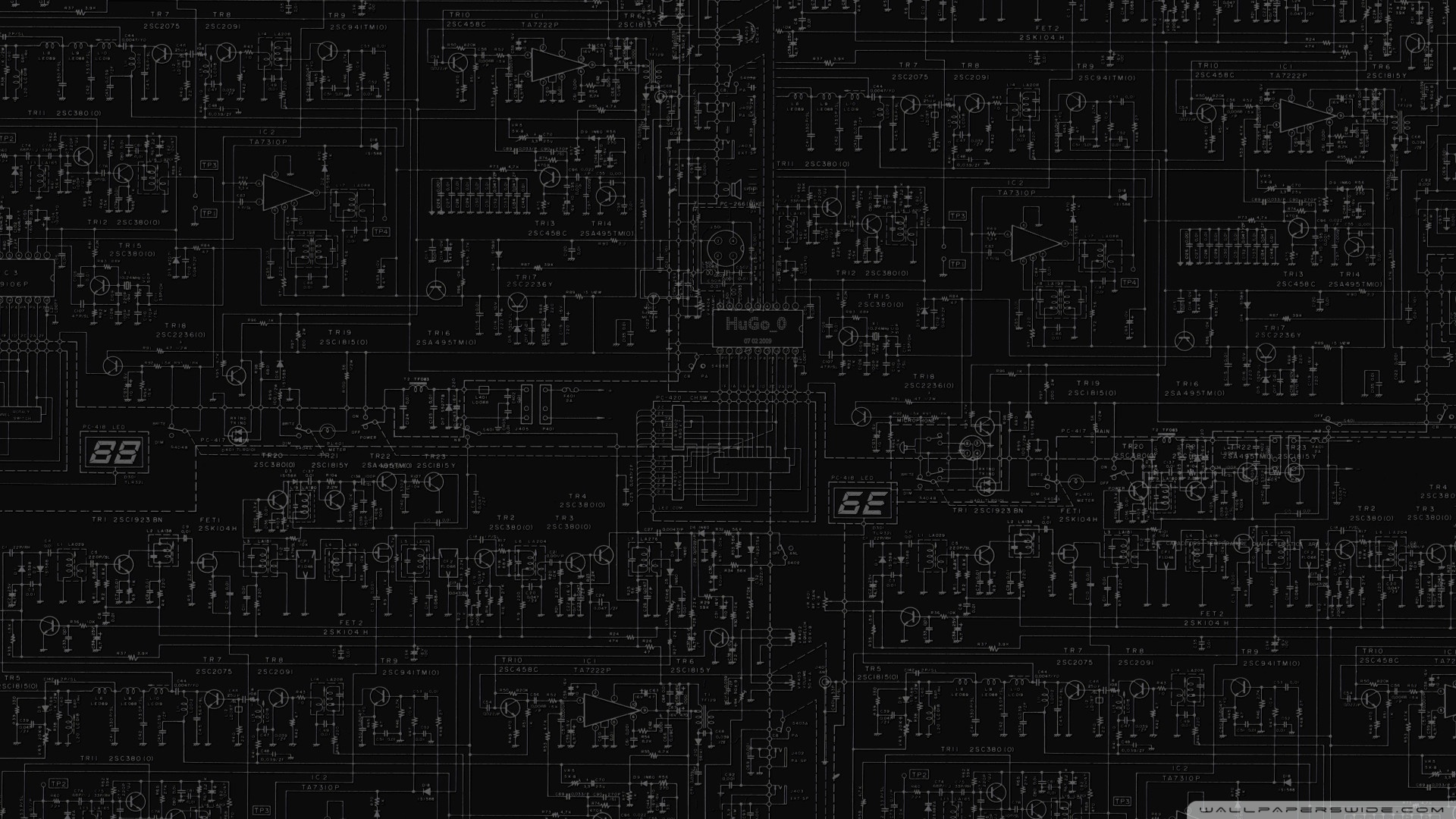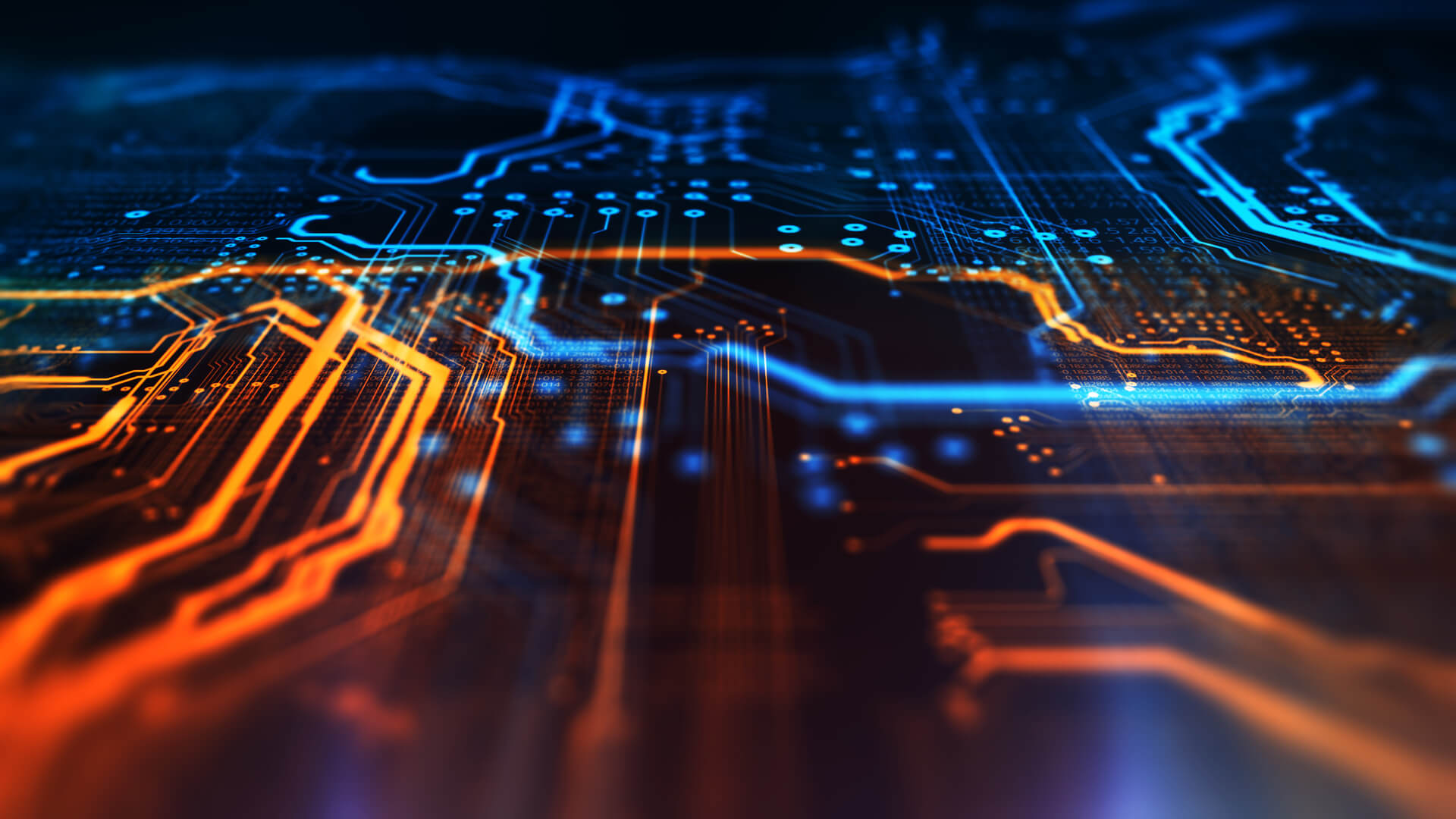In general, yes. You might even notice it won't necessarily even be called XMP in BIOS, it may be called DOCP or something similar. But in practice it's still XMP.XMP will work with AMD?
Sometimes, XMP won't be stable for RAM not on your mobo's QVL list. However this issue is more rare on more recent Ryzen chips, it affected mainly first and second gen. And in general enabling XMP will be much more stable than just changing the RAM speed alone.
If I were you I would:
0. Don't open your new RAM when it arrives.
1. Reset BIOS to complete stock and leave it stock for now.
2. Ideally reinstall Windows. If your RAM has been unstable for ages your whole installation could be corrupt, causing issues even if you get your RAM stable.
3. With BIOS still stock, run P95 large FFTs for at least 8 hours or until you see an error. If you see any errors at stock BIOS and fresh Windows, you can pretty much give up on that RAM in that system. (Doesn't mean the RAM is necessarily faulty though, just incompatible).
4. If no errors, enable XMP on the RAM - no other BIOS changes! - and repeat step 3. If no errors, keep the RAM and return the new RAM unopened. If errors, I'd then try the new RAM from step 3 onwards.
Only from Ryzen 7000 and the 600-series chipsets though, I think? Before that you basically just used XMP RAM in your AMD system.AMD has EXPO.
Same, same but different.






